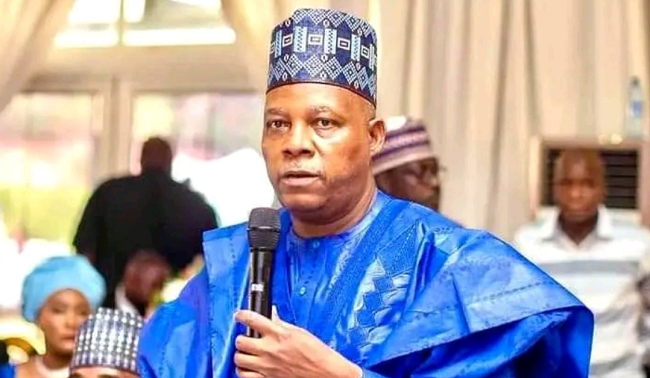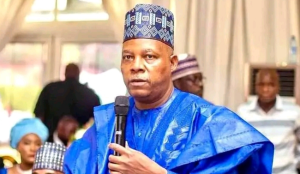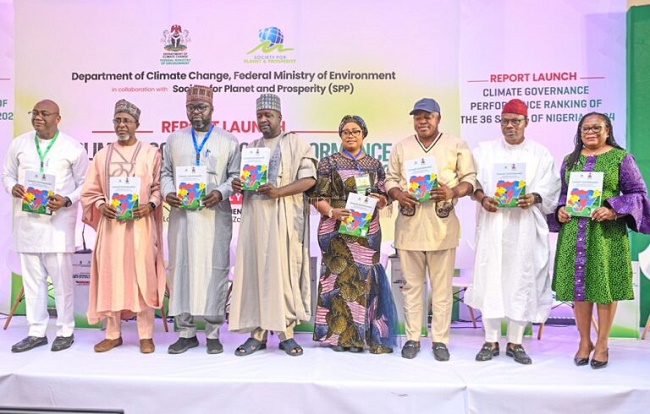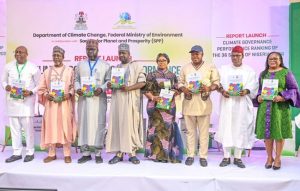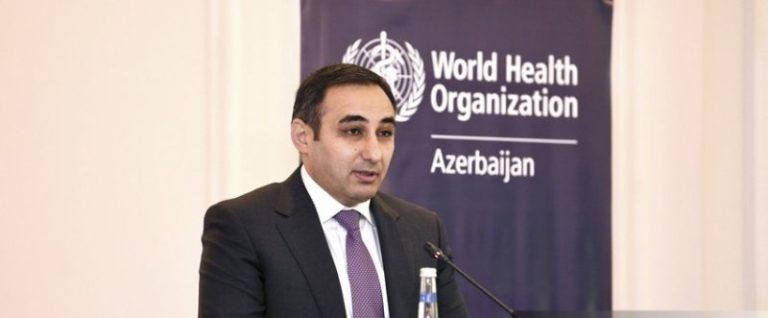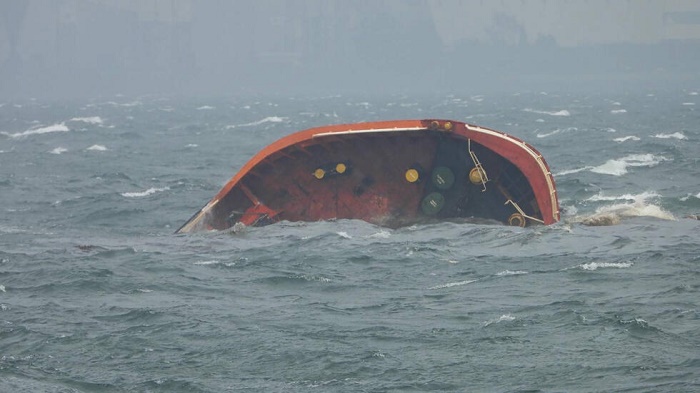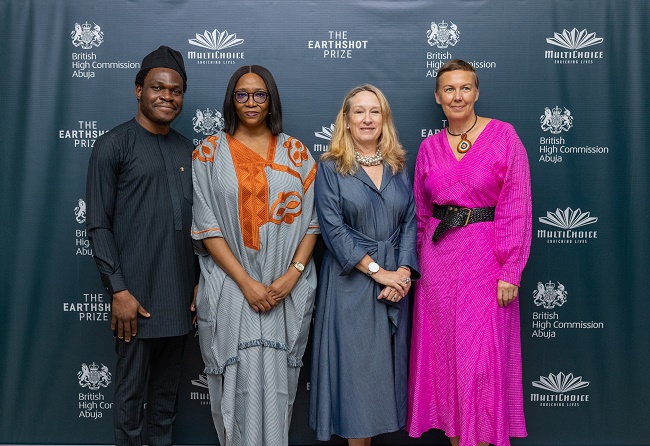The Federal Government says Nigeria’s oil revenue grew from 11 per cent in the first half of 2023 to 30 per cent in the first half of 2024.

This is contained in a statement by the Minister of Finance and Coordinating Minister of the Economy, Mr Wale Edun, on Friday, July 26, 2024, in Abuja.
According to the minister, the growth in government revenue is due to the reconfiguration and improvement in government finances.
“The government’s determination to mobilise non-oil revenue has consistently delivered impressive results.
“For the half-year 2024, non-oil revenue surpassed the revenue in the first half of 2023 by 30 per cent above the 2024 budget target without any increases in taxes,” he said.
On debt, Edun said that President Bola Tinubu’s administration has been working to manage and reduce the national debt to create better fiscal headroom for economic management.
“In dollar term, Nigeria’s debt burden has reduced, and the government’s fiscal deficit has improved. Our debt has fallen in dollar terms from $108 billion to $91 billion.
“Additionally, the government has diligently serviced all its loans and obligations with no recourse to ways and means of financing,” Edun said.
Edun said that, in 2023, the administration exited the Ways and Means debt trap due to better management of the fiscal space.
He said the federal government did not rely on borrowing from the CBN Ways and Means to fund its obligations.
According to Edun, part of the inflationary pressure the country is currently experiencing is as a result of the past abuse of Ways and Means.
He said the federal government paid back the previous N7.3 trillion obligations within a year of Tinubu’s administration.
On Debt Service to Revenue, the minister said the Federal Government for decades, had been spending more than half of its revenue on debt servicing.
He said this was done to enable it to meet its debt obligations to avert any form of default.
“By the end of June 2023, the federal government spent 97 per cent of total revenue to service debt but has recorded a positive trend in the debt service-to-revenue ratio.
“Currently, the debt service-to-revenue ratio has declined from 97 per cent in the first half of 2023 to 68 per cent in 2024.
“Indicating the government’s strong position in managing its debt obligations,” the minister said.
On Budget Deficit, he said it had been a major priority for the economic managers to reduce the budget deficit.
“To achieve this, the federal government, in the last year of the Tinubu administration, improved government revenue collection and blocked a lot of leakages.
“The 2024 budget deficit has moved in the right direction, with a target of 4.1 per cent of Gross Domestic Product (GDP), an improvement from the 6.1 per cent deficit recorded in 2023.
“On an annualised basis, we are at 4.4 per cent, so you can see we are effectively close to the budgetary target,” Edun said.
The minister said the government’s efforts to attract more foreign inflows into the economy had continued to yield good outcomes.
He expresses the government’s commitment to continue the reforms and improve business environment to engender further confidence.
Edun underscored government’s efforts to attract foreign inflows; including implementing the national single window project, which he said would generate $2.7 billion annually in economic benefits.
He said: “The government’s accelerated stabilisation and advancement plan has already attracted $500 million in investment in the gas sector.
The minister said the government had implemented several initiatives and interventions to address the current high cost of living and bring relief to the masses.
Edun said this included a strategic input programme to increase the supply of food, a pivot to Compressed Natural Gas (CNG) fuel for mass transit vehicles.
He said the government was also providing lower-cost financing for the manufacturing industry and production.
The minister sympathised with Nigerians for the current hardship, which he also noted would soon blow away.
He expressed optimism that inflation, in spite being “quite sticky at the moment,” would decelerate and come down due to the government’s commitments and actions.
“Clearly, as part of the reform programme, on the monetary side, monetary policy has been tightened.
“The CBN has been proactive in adjusting the monetary policy rate to address inflation head-on, which is in line with its legal mandate,” he said.
By Lucy Ogalue




